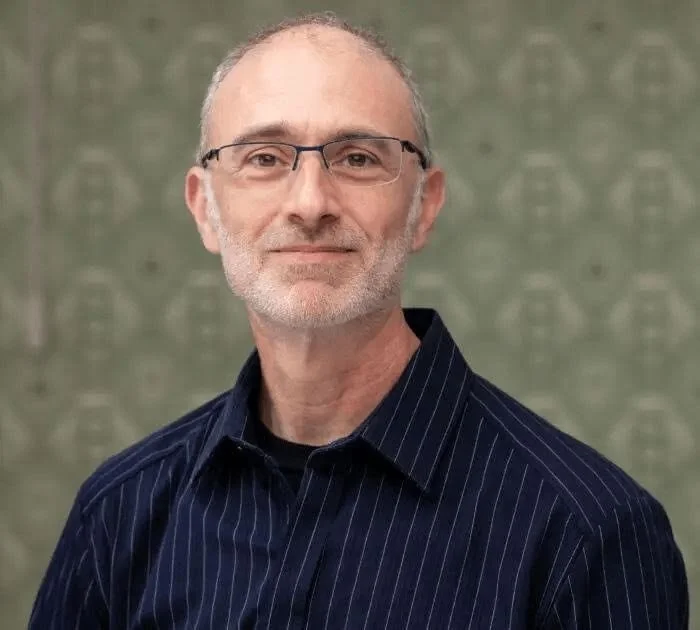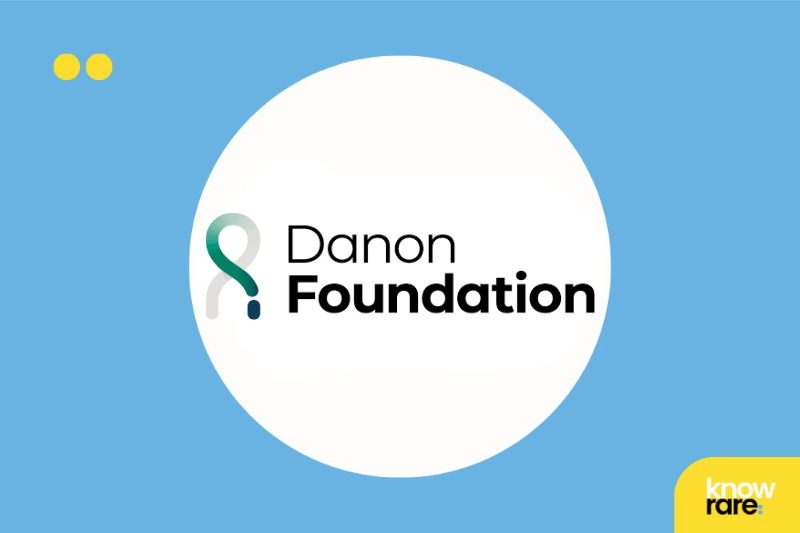Caring for the Unseen: Supporting Caregivers of Those with Rare Diseases
By Roy Remer, Executive Director, Zen Caregiving Project
In my years training and supporting caregivers - both professional and family-based - I’ve often witnessed the emotional, physical, and spiritual toll of caregiving. This is especially true for those caring for individuals with rare diseases.
These caregivers navigate unfamiliar terrain with limited roadmaps, often feeling isolated in their journey.
In this article, I’d like to reflect on the unique challenges rare-disease caregivers face, and how mindfulness and inner awareness can offer resilience and renewal.
The Unique Landscape of Rare-Disease Caregiving
Caring for someone with a rare disease differs from other caregiving experiences in profound ways. Rare diseases, defined as conditions affecting fewer than 200,000 people in the U.S., are often under-researched, misdiagnosed, and poorly understood by even experienced medical professionals.
As a result, caregivers must often become medical researchers, advocates, and logistical coordinators on top of their existing caregiving duties.
Some common challenges I hear from caregivers in our sessions include:
A lack of expertise and clear treatment protocols: With many rare diseases, doctors may be learning alongside the family. This increases uncertainty and can erode confidence.
Social and emotional isolation: Caregivers often report that friends and even extended family don’t understand the diagnosis, leading to feelings of alienation.
Ongoing grief: Even when a disease is stable, caregivers grieve what’s been lost–normalcy, milestones, independence - and what might never come.
In these situations, the caregiver’s role becomes not just physically demanding, but emotionally and existentially intense. The chronic stress, ambiguity, and lack of societal visibility all contribute to a high risk of burnout.
Recognizing Burnout in the Rare-Disease Caregiving Journey
Burnout doesn’t always announce itself with loud alarms. It can emerge slowly - through constant exhaustion, diminished joy, strained patience, or emotional flatness. In my work with caregivers, I often encourage them to reflect honestly on their internal state and look for early signs such as:
Difficulty sleeping or staying asleep
Irritability or emotional numbness
Loss of connection with others or with purpose
Declining physical health or chronic tension
Feelings of guilt for wanting a break
Burnout is not a personal failing. It is a natural human response to sustained stress and overextension without restoration.
Mindfulness-Based Strategies for Preventing and Addressing Burnout
At Zen Caregiving Project, we teach mindfulness-based tools that help caregivers meet suffering - both their own and their care recipients - with more compassion, equanimity, and presence. These practices are not quick fixes, but with steady use, they offer powerful support.
1. The Power of the Pause
We teach caregivers to build micro-moments of mindfulness throughout their day. A simple pause before entering a room, answering a phone call, or making a medical decision allows the nervous system to reset. One practice we suggest is:
The 3-Breath Grounding:
Inhale slowly and feel the breath enter the body
Exhale and relax the shoulders
With each breath, bring attention to the ground beneath the feet
This can be done in 30 seconds but has a cumulative effect when practiced consistently.
2. Compassion for Self
Caregivers often extend vast compassion to others - but forget themselves. Self-compassion is not indulgence; it is maintenance. We use loving-kindness meditation and phrases such as:
“May I meet this moment with kindness.”
“May I offer myself patience and grace.”
“May I allow myself to be human.”
These gentle reminders rebuild emotional resilience over time.
3. Allowing Grief and Joy to Coexist
Many caregivers believe they must be endlessly strong, positive, or stoic. But in reality, grief is often present - whether for a diagnosis, a loss of functioning, or an imagined future that no longer exists.
Naming that grief and allowing space for it - without judgment - creates a more honest, livable caregiving experience.
Paradoxically, it’s when we allow grief that joy can also arise: in a shared smile, a quiet moment of connection, or a small victory that others might overlook.
Supporting the Supporters
Caregivers of those with rare diseases often say they feel invisible. They’re not just caring for a loved one - they’re managing specialists, deciphering medical codes, navigating insurance battles, and coping with uncertainty. The system rarely pauses to ask, “How are you doing?”
That’s why I believe institutions, medical teams, and communities must take active roles in caring for caregivers.
Trainings and Peer Support: Regular mindfulness-based caregiving training can equip caregivers with coping tools. Peer groups - virtual or in-person - create spaces where caregivers don’t have to explain themselves.
Institutional Recognition: Healthcare providers and rare disease organizations can prioritize caregiver wellbeing through check-ins, respite referrals, and educational resources.
Respite as Right, Not Luxury: Time off should be baked into every caregiving ecosystem. Whether through paid help, shared family duties, or community-based services, no caregiver can sustain long-term without breaks.
A Call for Compassion and Connection
Caregiving is a human relationship. It exists in the present moment, with all its complexity. Rare-disease caregivers walk a hard path, but they do so with extraordinary heart. When they are seen, supported, and cared for, they can continue to show up - not from depletion, but from love.
If you are a caregiver reading this, know that you are not alone. Your experience is valid. Your pain is real. And you deserve the same care and compassion you give so generously.
Let us make caregiving more sustainable. Not by asking caregivers to give more - but by offering them the tools, support, and space to be whole within the journey.
About the Author
Roy Remer is the Executive Director of Zen Caregiving Project, an educator, mindfulness practitioner, and compassion cultivation instructor. For over two decades, Roy has trained caregivers, healthcare professionals, and volunteers in mindful approaches to caregiving, grief, and end-of-life care.
































